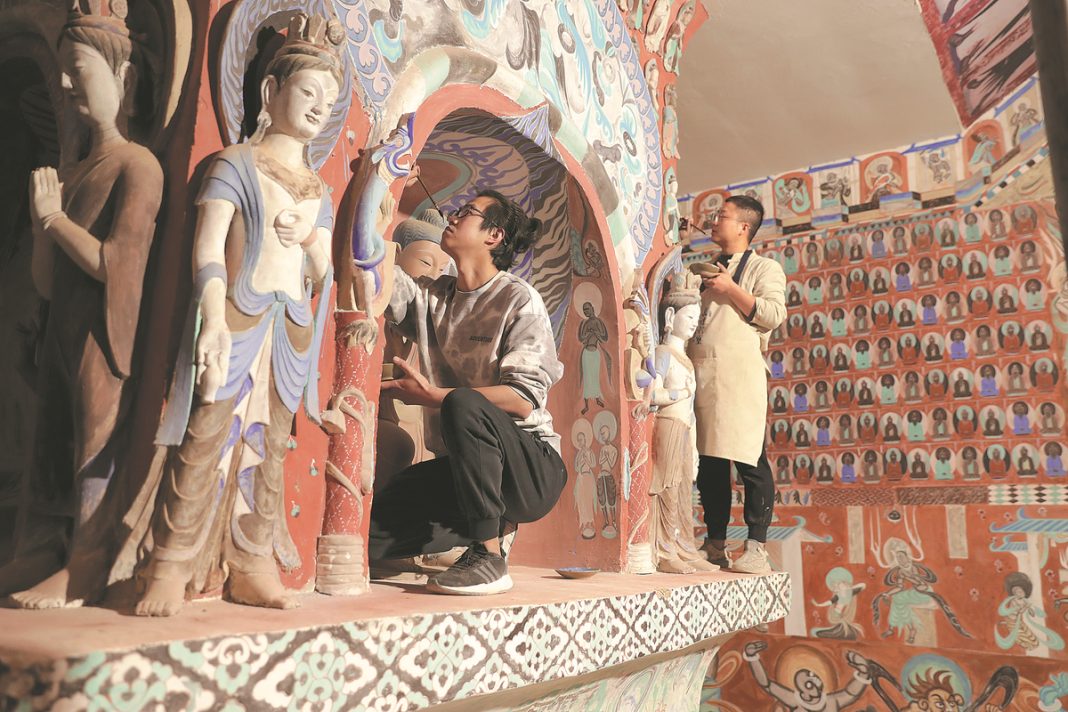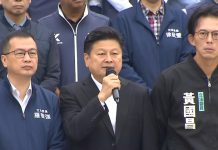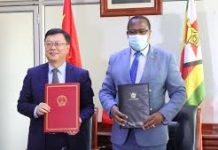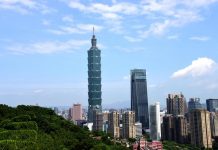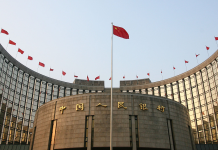BEIJING: Lying in an oasis at the edge of the Taklimakan Desert, Dunhuang was a major stop on the ancient Silk Road, which linked the East and West through vibrant trade.
The distinctive culture of Dunhuang is best represented by the Mogao Grottoes, designated a UNESCO World Heritage Site. Dating back to the 4th century, the site features 735 caves carved into a cliff, currently housing more than 2,000 colorful sculptures and 45,000 square meters of murals.
This extraordinary cultural treasure helps draw visitors to the historical city, including President Xi Jinping.
In August 2019, during an inspection tour in Gansu province, the president set aside time for his first visit to the millennium-old grottoes, thus realizing a long-cherished wish. Xi, who is also general secretary of the Communist Party of China Central Committee and chairman of the Central Military Commission, has paid much attention to the protection of cultural relics in Dunhuang over the years, and to the development of Dunhuang’s culture.
During his 2019 tour, Xi made the Mogao Grottoes his first stop. He was particularly captivated by a mural in Mogao Cave 323, recognizing the character of Zhang Qian, an envoy in the Han Dynasty (206 BC-AD 220).
Though it was the first time Xi had visited the Mogao Grottoes, he was already very familiar with the cultural relics there, thanks to his long-standing emotional attachment to the site.
As early as 1986, Xi visited Gansu when he was serving as vice-mayor of the coastal city of Xiamen, Fujian province, but he was unable to go to Dunhuang at the time due to a tight schedule and the long distance to the site. Over 30 years later, he still talks of his regret at not making the journey back then.
During an academic discussion as part of a research trip to Zhejiang University in 2005, Xi, then Party secretary of Zhejiang province, recited a list of the achievements of renowned Dunhuang expert Jiang Liangfu.
In 2009, when conducting research as a State leader at Lanzhou University in Gansu, Xi encouraged Zheng Binglin, director of the university’s Dunhuang Studies Institute, to strengthen and expand the development of Dunhuang studies as a contribution to the country.
Xi has on multiple occasions stressed the value of Dunhuang, calling it “an important historical hub” of Eastern and Western cultures, and one of the “living monuments” to past interactions between different civilizations on the ancient Silk Road. For Xi, the significance of Dunhuang goes beyond its history, with efforts underway to revive and expand cooperation along and beyond the ancient Silk Road routes. –The Daily Mail-China Daily news exchange item

